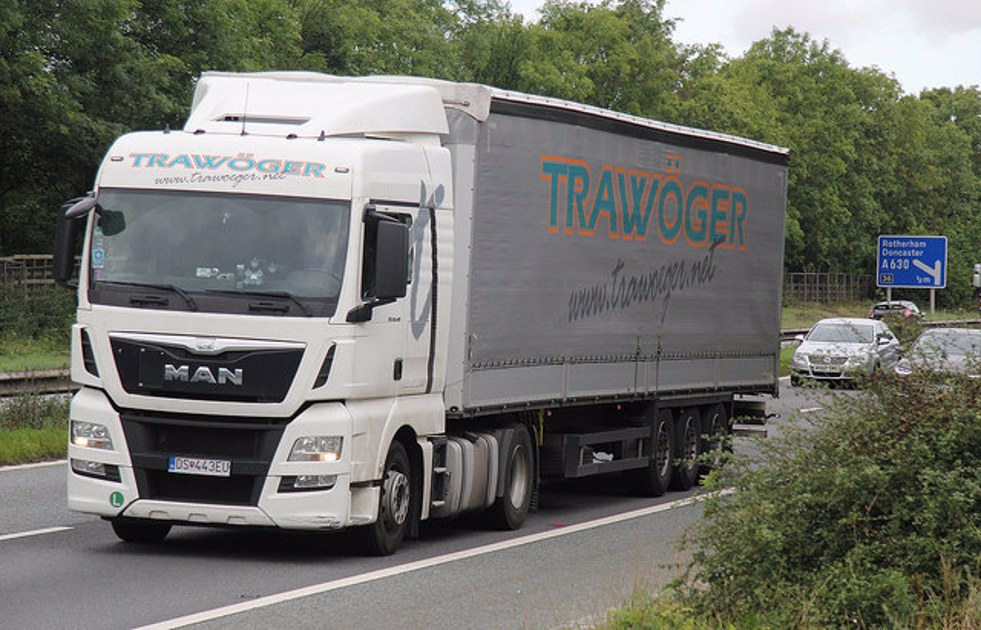We hope that the final regulation strikes the right balance between the three pillars of sustainable development: economic, social and environmental.
The process so far:
- Originally the Commission called for a 15% CO2 reduction by 2025 and an aspirational objective (until a review of the legislation due in 2022) of 30% by 2030 compared to 2019 levels. To incentivise sales of Low and Zero Emission Vehicles (LZEV), the Commission proposed a super credit mechanism.
- However, the European Parliament environment committee set tougher targets: 20% by 2025 and a binding 35% (at least) by 2030. At the same time a mandate is proposed for zero and low-emission trucks: 5% by 2025 and 20% by 2030.
- Finally, the Council called for truck emissions to be reduced by 15% in 2025 and 30% in 2030. Ministers also supported the super credit mechanism until 2024 but agreed to consider during a review in 2022 to replace it by a mandatory sales benchmark for LZEV from 2025 onwards.
- The outcome of the trilogue will probably (as it was the case for cars and vans) a compromise between the proposals of the Council and these of the European Parliament.
Our position:
IndustriAll Europe fully supports ambitious targets for trucks as they represent a large untapped potential for further emission reductions in the transport sector and could deliver an important contribution in achieving our climate objectives. Reduced emissions will also go hand in hand with lower fuel consumption and thus have a positive impact on the total cost of ownership.
However, we believe there must be a just transition to this change. Too much disruption by setting over-ambitious targets could endanger the viability of companies and negatively affect jobs. It has to be considered that trucks are very complicated products and achieving the objectives will very much depend on the future uptake of technologies that have not yet been deployed. Overly ambitious objectives risk interfering with the very long development and investment cycles for trucks.
IndustriAll Europe stresses:
- Going beyond the Council proposal, which is already very ambitious, could seriously disrupt the sector and negatively impact employment.
- Introduction of a super-credit system to promote the uptake of Low and Zero Emission Vehicles is preferable to imposing sales targets. Currently there are too many unknowns about the market potential of low-carbon trucks.
- A review of the regulation in 2022 is welcomed and should include the possibility of an upward or downward revision
- The proposed penalties (up to 6.800 EUR/gCO2/tkm) are excessively high and could push companies out of business rather than encourage them to meet the CO2 targets.
- Use of alternative fuels should be integrated in the regulation.
We hope that the final regulation strikes the right balance between the three pillars of sustainable development: economic, social and environmental. This would offer the best guarantee for a successful transition to low-carbon road transport.
